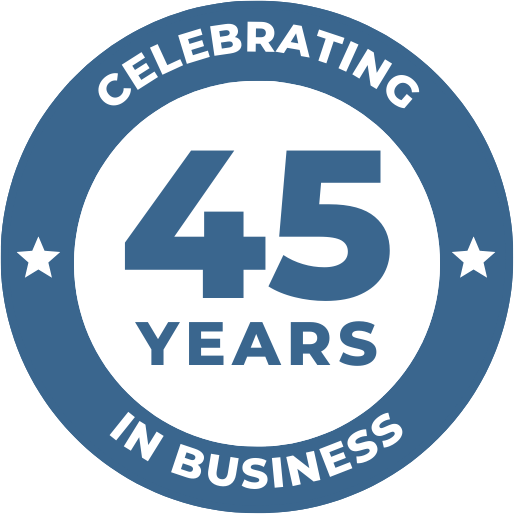 Invoice Factoring vs. Traditional Bank Loans
Invoice Factoring vs. Traditional Bank Loans
What’s the difference between invoice factoring and traditional bank loans? It’s a question we hear a lot, so in this article, we’ll take a look at the similarities and the differences to help you decide which is best for your particular situation.
When searching for financing to meet their day-to-day operational needs, business owners typically turn to traditional bank loans or line of credit. In many cases, this option is ideal, but there are times when invoice factoring is preferable – for a number of reasons.
Traditional Bank Loans
With traditional bank loans, you provide the lending institution with the required documentation and they decide whether or not to give you a loan, how much to lend you. The process usually involves plenty of paperwork and approval can take between several weeks and a few months. And approval depends largely on your creditworthiness. For startup companies without a solid credit history, the chances of being approved are usually pretty slim.
To stand a chance of being approved, a business must also fulfill certain financial performance requirements – what banks call a loan covenant. According to the banks, borrowers who don’t meet the requirements of a loan covenant are high risks because they are likely to default on the loan. As such, you may not be approved or may be charged more for the loan.
Finally, bank loans and lines of credit also come with restrictions that limit how the loan proceeds can be used. There are also restrictions that prevent borrowers from incurring additional debt for any reason, and from selling or purchasing business assets over the period of the loan. These restrictions can leave you with the financial resources you need but don’t provide the freedom to utilize the resources the way you need to.
Invoice factoring
Invoice factoring, also referred to as receivables factoring, allows you to convert your invoices into immediate cash to cover operating costs without taking on additional debt. The process is simple, and basically, allows you to sell your invoices to the factoring company at a small discount. For example, American Receivable currently offers rates starting as low as .8% with up to 95% advances.
In return, the factoring company gives you immediate cash and handles the collections on the original invoices.
Unlike bank loans and lines of credit, how much you can get from your invoices is determined by the credit worthiness of your customers, not your own credit history.
Because invoice factoring doesn’t require complicated, time-consuming documentation or an audit of your business, approval times are very fast. In fact, funding of most factoring agreements occurs in as little as 24 hours.
Invoice factoring doesn’t require any upfront fees and there are no monthly minimums or maximums on the amount you factor. Furthermore, factoring doesn’t place any restrictions on how the proceeds are used, and there’s no long-term commitment.
Conclusion
As you can see, if you have a well-capitalized business with excellent cash flow and a spotless credit history, then a bank loan might be your best option. On the other hand, if you’re a startup or established company looking for quick cash injection with no restrictions on how you use the cash, invoice factoring is the better option.
Not sure if invoice factoring is right for your particular situation? Give us a call at 1-800-297-6652 for a no-cost and no-obligation consultation and learn about our flexible factoring solutions. Or click here to get a quick quote.

 Invoice Factoring vs. Traditional Bank Loans
Invoice Factoring vs. Traditional Bank Loans





